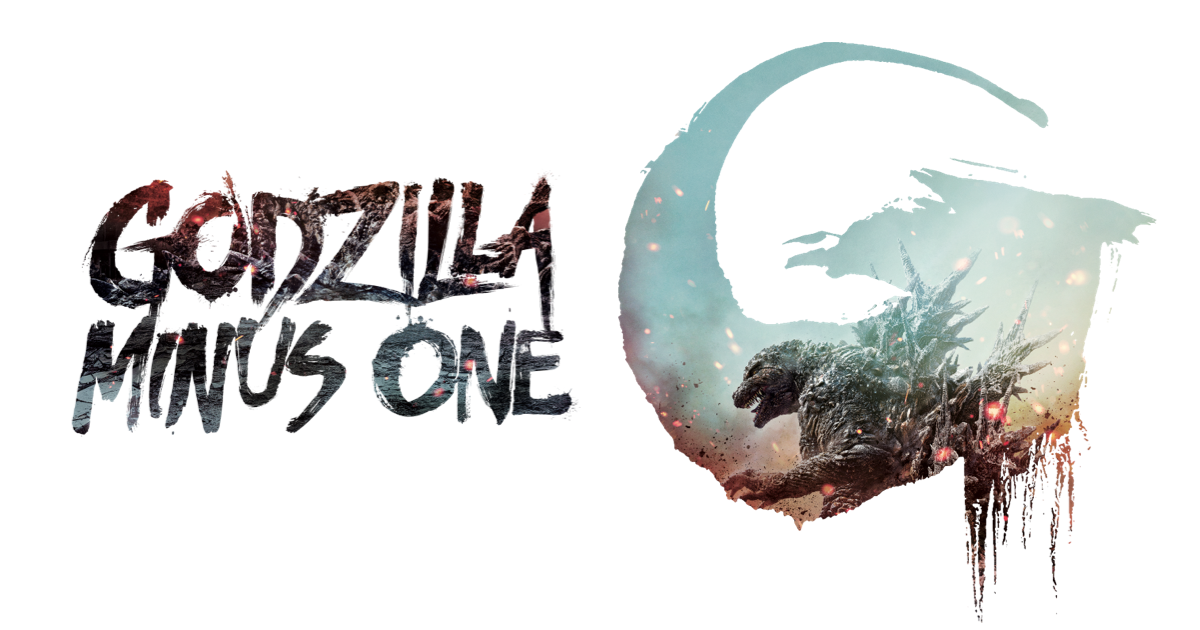Recommendation: 5/5 Stars, SHOWTIME
Plot: “Post war Japan is at its lowest point when a new crisis emerges in the form of a giant monster, baptized in the horrific power of the atomic bomb.” -IMBD
Review: I hesitate to call any film perfect. The debate and expectations that such a lofty statement creates can often prevent me from trusting my initial reaction. Instead, I often say, “This film is perfect for me, and my version of perfection will differ from yours.”
I find perfection in films that can elicit a strong emotional reaction, often drawn from a profound sense of empathy, but it can also be joy, happiness, anxiety, frustration, or a thousand other emotions. The more I considered Godzilla Minus One, the more I found myself consumed by its ability to elicit awe. Without a doubt, this is the greatest Godzilla movie ever made. It reminded me of Fridays spent with my brothers watching classic monster movies. It reminded me of the magic of cinema.
Pilot Koichi Shikishima (Ryunosuke Kamiki) serves as the through line in this story. It is his story that becomes so much more than a personal journey. Rather, his redemptive story reflects and mirrors the journey of his country of Japan.
In the last days of World War II, Shikishima lands on an island off the coast of Japan. We believe his Kamikaze mission failed because of mechanical issues with his plane. It is not long before we discover this is far from the truth. This serves as his brush with cowardice, but it will not be his last. As Godzilla rises from the sea to take the small island, destroying his plane, and killing almost everyone stationed there, Shikishima experiences his second brush with cowardice. Unable to pull the trigger and kill the attacking monster, he escapes the island with little more than his life.
He returns home with a wounded ego. This version of Japan differs vastly from the one he left. In the shadow of two atomic bombs and war, his fellow citizens attempt to pick up the pieces and start again. For Shikishima, his shame is becoming all-consuming, but he is no longer alone. As he returns to his family’s home, he encounters a young woman, Noriko Oishi (Minami Hamabe), with an orphaned child and nowhere to turn. In her hour of need, he offers them a place to stay. Here, the road to redemption begins.
As Shikishima and Japan begin again at zero, the same atomic weapons that leveled their cities are forcing Godzilla to morph and grow. When Shikishima takes a job on a small patrol boat meant to sweep mines from the sea, we get our first encounter with Godzilla in his new God-like form. Massive beyond description, a captivating chase scene unfolds. It is in this jaw dropping and awe-inspiring scene that I first felt a hint of perfection. As Shikishima and his shipmates escape with their lives, we know this is just the beginning. The monster from the deep will not find satisfaction. He will come ashore, and Japan will take one more step backward.
When Godzilla finally attacks, he does so with utter devastation and calamity. Far removed from the orgy of CGI that defines most Hollywood movies, the hell Godzilla unleashes here feels believable. The filmmakers draw you into this moment by using sound in clever and creative ways. For the rest of my film-watching days, I will remember the quiet chaos of these moments.
Despite the rubble, death, and destruction, the Japanese people do not lose hope. A grassroots effort and a plan to send Godzilla back to the sea leads the path toward redemption. This plan doesn’t come from high above. The common man puts it into action. For Shikishima, it presents the perfect opportunity to rise about his past failures. It is an opportunity to participate in “a war not yet won.”
The concluding battle is not something I will spoil. It is both a spectacle, yet beautiful in its simplicity. More than ordinary people warring against a gigantic creature, it is filled with symbolism stretching beyond the bounds of this film. On display is the triumph of man, a new chapter for the Japanese people, and a new day for Japan on the world stage. It is these moments that sealed this film’s fate for me. This is as close to perfection as a science fiction film can get.










